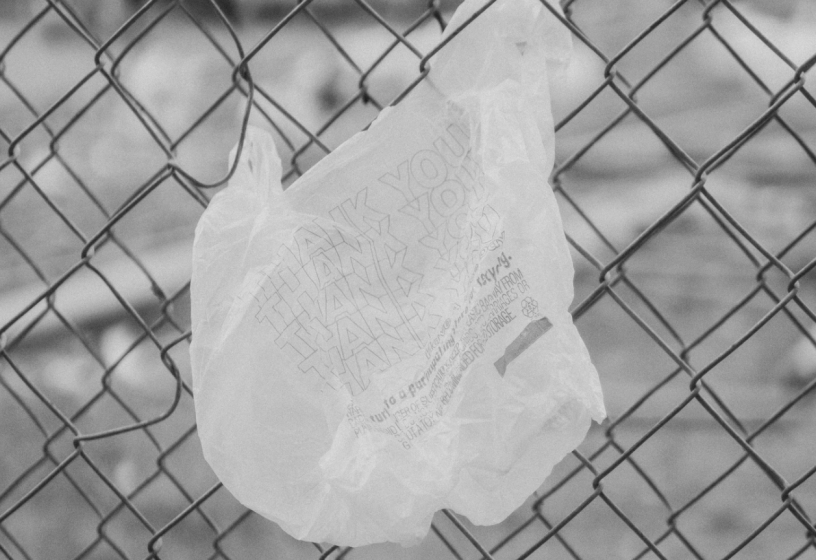Solutions are in the making

Given the colossal amount of plastic produced on our planet, some companies have decided to look for alternatives in order to reduce, improve or even eliminate their packaging. Recycled plastic, bio-sourced, use of metal... Solutions are in the making.
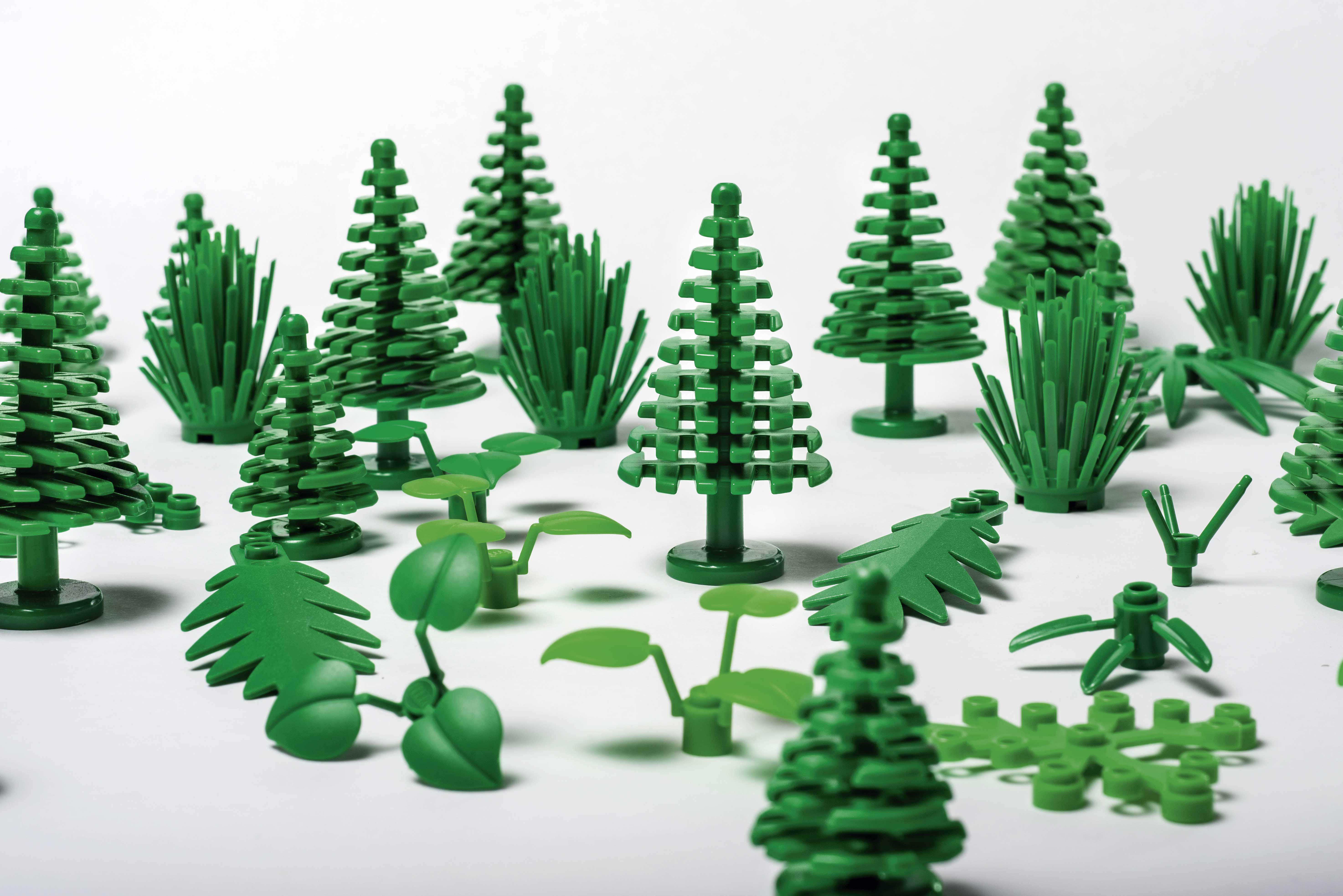 Credit: LEGO |
LEGO
Sustainable sourced plastic from sugarcane will appear in LEGO boxes this year. The firm aims to produce sustainable toys for children and announced that all its core products and packaging will be made by sustainable materials in 2030. |
|
Thread International The innovative start-up Thread International transforms plastic bottles into responsible fabric. Thread helps clean the environment and cure poverty by providing income to bottle collectors in Haiti and Honduras. Thanks to this initiative, 38.9 million plastic bottles have been removed from the streets and canals. |
|
| Danone
Danone has the ambition to use 100% of recycled plastic for its Evian bottles by 2025. In 2014, the multinational took part in a 36 million euros fundraising for Avantium, a Dutch bioplastic company. |
|
| Coca Cola
Coca Cola introduced its PlantBottle™ in 2009. Since then 35 billion of these bottles have been distributed in nearly 40 countries . Through the PlantBottle, Coca Cola is reducing its carbon footprint as it is made partially (with an objective of 100%) from plants. The company plans to convert all new PET plastic bottles to PlantBottle packaging by 2020. |
|
| LUSH
When it comes to packaging, the fresh handmade cosmetics company wants to “get naked”. Fifty percent of their products are sold without packaging and thanks to their recycling program, 100% of their packaging is made out of post-consumer plastic. This initiative saves up to 65 tons of carbon dioxide and 90 tonnes of virgin plastic each year. |
|
| What about waste
The non-profit organisation “What about waste” offers stainless steel straws to restaurants, as an eco-friendly alternative to plastic straws. |
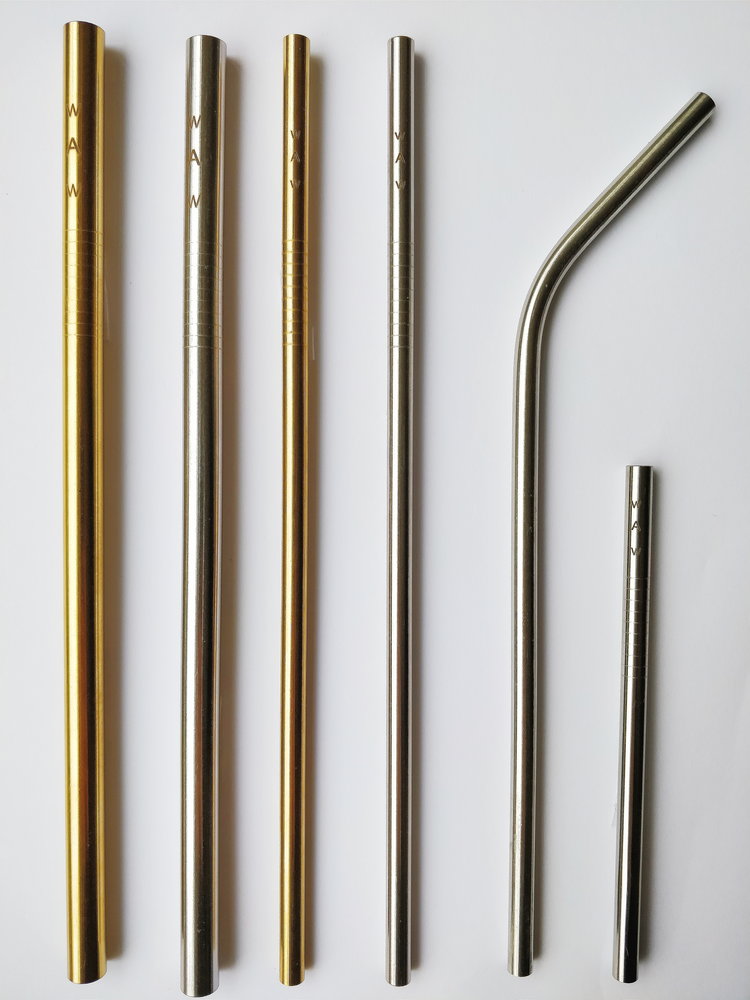 |
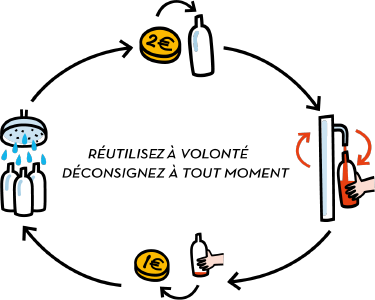 Credit: Jean Bouteille
|
Jean Bouteille
This French company whose name is a pun for “bottling” specializes in bulk liquid and commercializes oil fountains as well as vinegar, juice, wine but also detergents. To complete this offer, Jean Bouteille also provides reusable and returnable bottles. |
|
The anti-plastic bacterium A recently discovered bacterium contains an enzyme called PETase that has the ability to destroy the polyethylene terephthalate (PET) that makes up plastic bottles. Specifically, it breaks down the PET into its original components, consequently, the goal would be to reuse these components to produce plastic again. This bacterium cannot currently be used at the industrial level, but according to Professor John McGeehan who participates in this study, it can still be optimized. But the process will still be very slow and cannot alone remedy our excessive pollution. |
|
Terracycle Terracycle’s mission is to recycle and upcycle the "non-recyclable". The company sells a Zero Waste Box made exclusively for plastic that you can fill and return in order to have your waste recycled. Terracycle was created after its CEO, Tom Szaky, had the idea to sell worm poop as a fertilizer in reused soda bottles, which turned out to be a great success. |
|
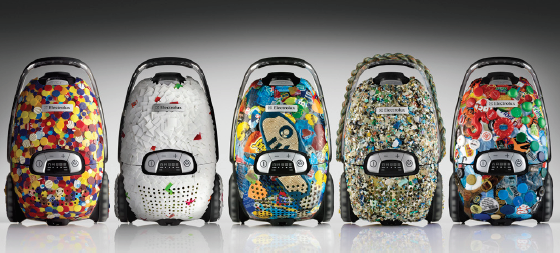 Credit: Electrolux
|
Electrolux
In 2010, Electrolux launched the "Vac from the sea" project. During the vacuum production phase, the aim is to manufacture vacuum cleaners out of plastic waste found in oceans to reduce the damage done to the environment, as well as bring awareness to the general public. |
Also to be read in the dossier "Plastic Age":
